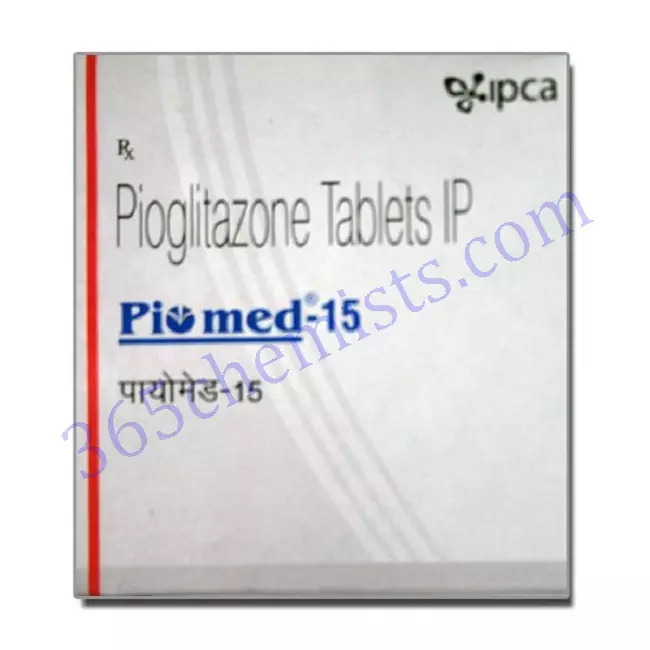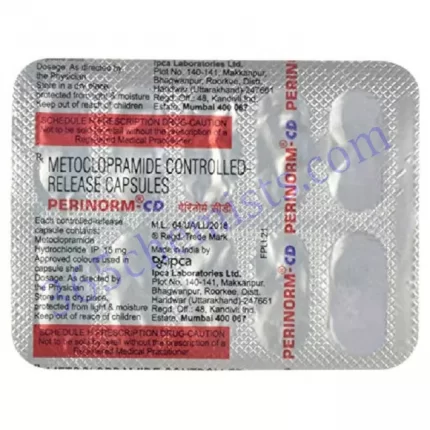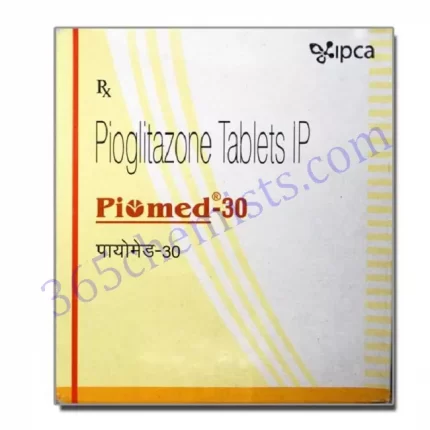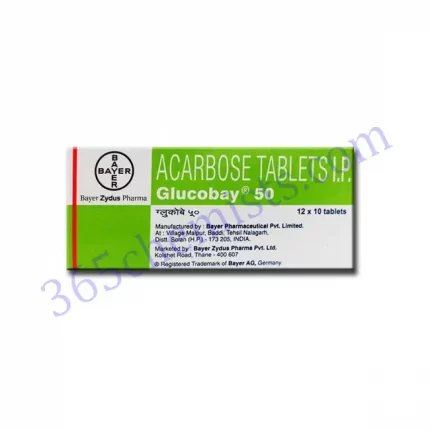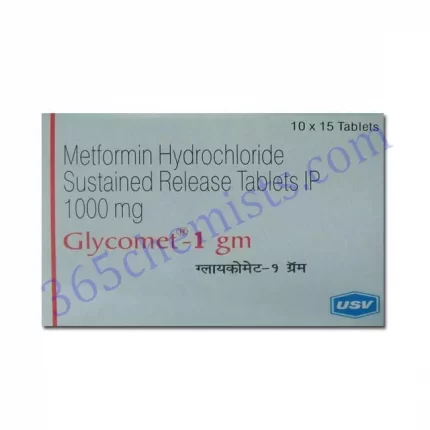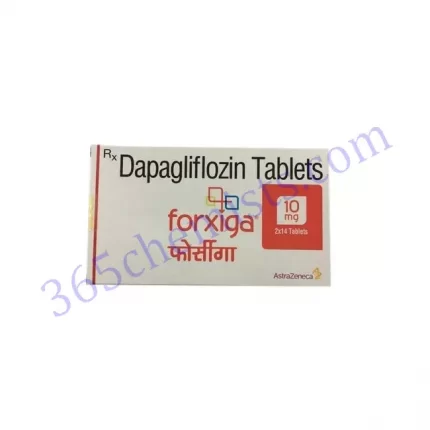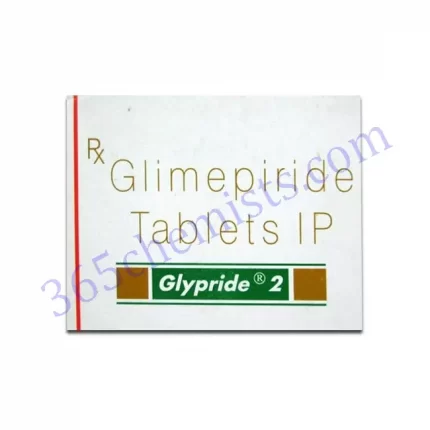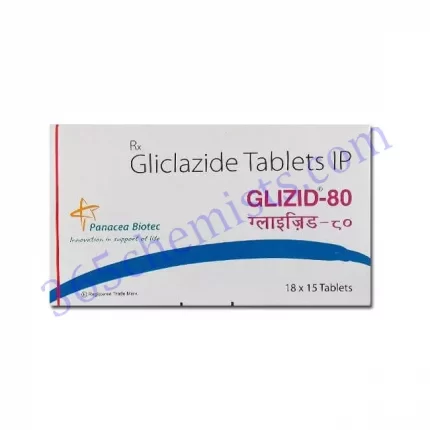Piomed 15mg Tablet (Pioglitazone): Managing Diabetes with Efficiency and Safety
Thiazolidinediones are the category that Piomed 15mg Tablet, which is a member of, belongs to. It is an extremely efficient medication. Pioglitazone, the active component of this oral antidiabetic drug, contributes to the successful management of blood sugar levels in diabetics afflicted with type 2 diabetes mellitus. Patients with diabetes can improve their glycemic control and insulin sensitivity with the assistance of Piomed 15mg Tablet, which is prescribed to them by medical specialists. Piomed 15mg Tablet, with its powerful therapeutic capabilities, provides an option that is both secure and dependable for the management of diabetes and the prevention of long-term consequences.
Understanding Diabetes Mellitus
Diabetes mellitus is an ongoing metabolic condition that can be identified by consistently elevated amounts of sugar in the blood. It manifests itself either when the body does not create enough insulin or when the cells grow resistant to the effects of insulin. The vast majority of people who are diagnosed with diabetes have type 2, making it the most prevalent variety. It is frequently connected to lifestyle variables such as being overweight, leading a sedentary lifestyle, and having poor eating habits.
Mechanism of Action
Targeting the peroxisome proliferator-activated receptor-gamma (PPAR-gamma) in the adipose tissue, skeletal muscle, and liver is how the Piomed 15mg Tablet achieves its therapeutic benefits. The Piomed 15mg Tablet works to promote glucose utilisation and insulin sensitivity in peripheral tissues by activating PPAR-. Because of this mechanism, muscle cells are able to take in more glucose, and the liver is able to produce less glucose, which together result in reduced levels of glucose in the blood.
Benefits of Piomed 15mg Tablet
Piomed 15mg Tablet assists in obtaining and maintaining optimal blood glucose levels, which in turn reduces the risk of diabetes-related problems. This makes the Piomed 15mg Tablet an effective glycemic control medication. It does this via lowering insulin resistance, increasing glucose utilisation, and lowering the amount of glucose that the liver produces.
Increased Insulin Sensitivity The Piomed 15mg Tablet increases the sensitivity of cells to insulin, which enables the cells to respond to the hormone in a manner that is both more effective and rapid. This mechanism contributes to a reduction in the amount of insulin that is required, and it also has the potential to cause weight loss in some people.
Protective Effects on the Cardiovascular System Research has revealed that the Piomed 15mg Tablet can help protect the cardiovascular system by enhancing endothelial function and decreasing inflammation. It is also possible that this will have a beneficial effect on lipid profiles by elevating levels of high-density lipoprotein (HDL) cholesterol while lowering levels of triglycerides.
It has been discovered that the Piomed 15mg Tablet can preserve the function of beta cells in the pancreas, which are the cells that are responsible for the secretion of insulin. This maintenance of beta-cell function may halt the course of diabetes and lessen the requirement for additional diabetes drugs.
Related Product
Piomed 15mg Tablet
Piokind 30mg Tablet
Piokind-M 15 Tablet
Dosage and Administration
The Piomed 15mg Tablet comes in the form of oral tablets and should be consumed in accordance with the instructions provided by a qualified medical expert. It is possible for the dosage to change based on the particular needs of the patient as well as their reaction to therapy. It is generally advised to begin treatment with a modest dose and progressively raise it if more treatment is required. It is up to the patient to decide whether or not to take the Piomed 15mg Tablet with or without meals, but it is critical to adhere to any dosing instructions supplied by the attending medical professional.
Precautions and Safety
Hypoglycemia: The use of a single Piomed 15 mg Tablet is not likely to result in hypoglycemia (low blood sugar). On the other hand, the likelihood of hypoglycemia rising is increased if it is taken in conjunction with insulin or any of the other diabetes drugs. Monitoring of glucose levels in the blood on a regular basis is an absolute necessity for effective glycemic control.
Patients who have a history of heart failure or who are currently being treated for heart failure should not take the Piomed 15 mg Tablet. Before beginning therapy with Piomed 15mg Tablet, it is essential to conduct a test to assess the patient’s current level of cardiac function.
Cancer of the Bladder: Pioglitazone use for a prolonged period of time may be linked to an increased risk of developing bladder cancer, according to the findings of some research. Patients need to be closely checked for signs and symptoms of bladder cancer, such as blood in the urine or an urgent need to go to the toilet.
Liver Function: During therapy with Piomed 15mg Tablet, it is essential that regular monitoring of liver function take place. It is recommended that the medicine be stopped immediately if there is any sign of liver dysfunction.
Edoema may be a side effect of using Piomed 15mg Tablet since it might lead to fluid retention and peripheral swelling. It is essential to keep a close eye on patients for any signs of fluid overload, and this is especially true for people who have a history of heart failure or whose renal function is impaired.
Conclusion
A beneficial drug for the control of diabetes mellitus type 2, the Piomed 15mg Tablet (Pioglitazone) can be found here. Piomed 15mg Tablet provides considerable benefits to patients who are attempting to maintain effective control of their blood sugar levels. These benefits include the capacity to improve insulin sensitivity, boost glycemic control, and provide protection to the cardiovascular system. However, it is vital to take into consideration the precautions and safety measures linked with the drug in order to guarantee the best possible therapeutic outcomes and reduce the likelihood of any adverse effects. When taking any medication, including the Piomed 15mg Tablet, it is essential to check with a medical practitioner for individualised advice and direction. This holds true regardless of the medication in question.

